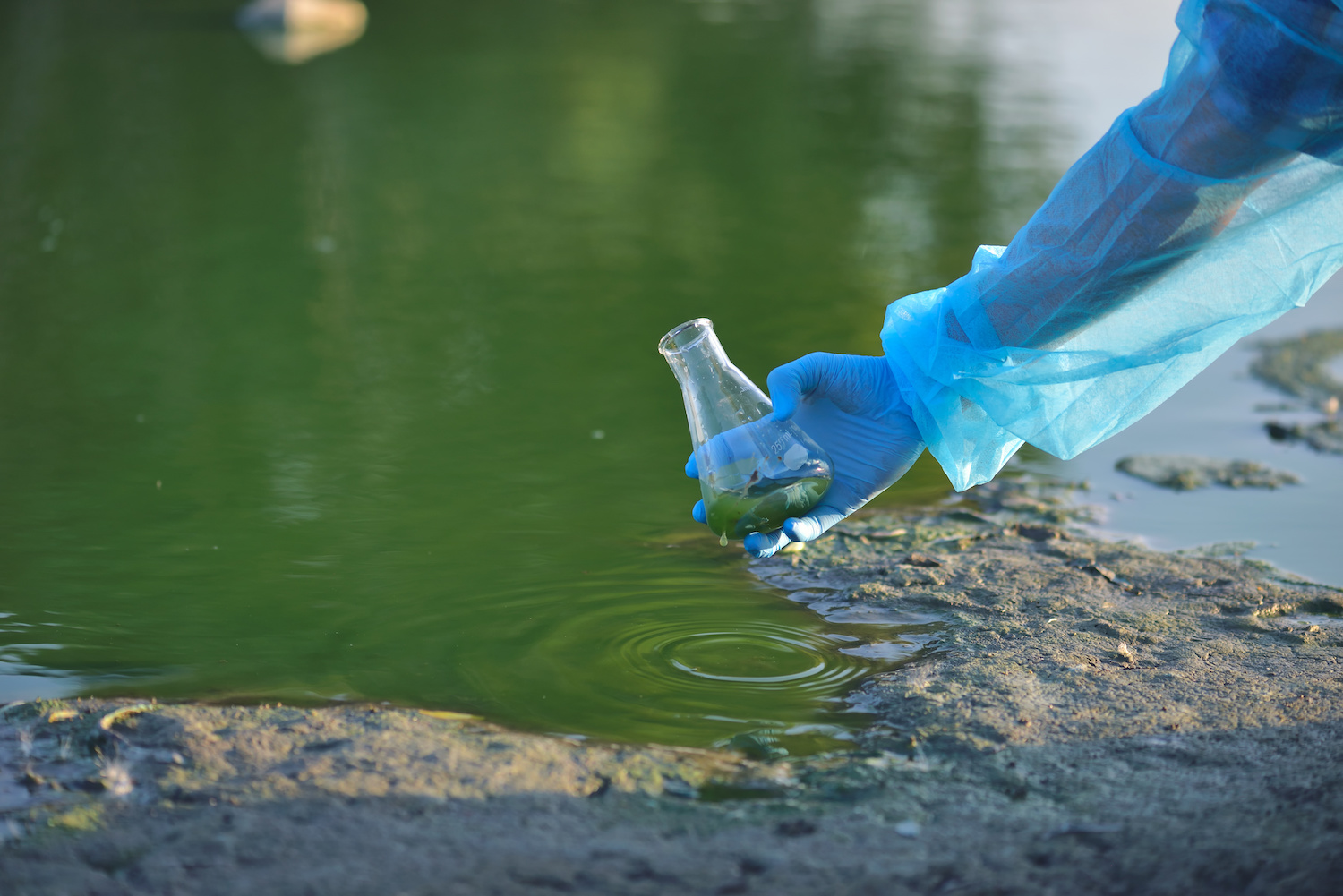Envirogen Technologies, Inc., has been awarded a $0.9M contract to test a novel biological treatment, using a Fluidized Bed Reactor (FBR), for groundwater contaminated by 1,4-Dioxane (1,4-D) and dilute levels of chlorinated volatile organic compounds (cVOCs).
The contract was awarded by the Environmental Security Technology Certification Program (ESTCP) through the US Army Corp of Engineers.
The R&D-based project will study the use of a butane degrading microbe in an FBR to consume isobutane and cometabolically treat 1,4-D and the cVOCs. The three-year project, commencing Q4 2022, comprises bench-scale testing in New Jersey followed by a pilot-scale off-site demonstration in Tennessee in 2024/5.
“The butanotroph microbe-based treatment approach is novel because it’s the first time it will have been tested to remove these co-contaminants from groundwater in an ex-situ bioreactor,” says Dr. Todd Webster, Vice President, Envirogen Technologies.
Dr. Webster states, “Multiple treatment processes of air stripping and AOP are the traditional means to remove these co-contaminants from groundwater. Although these technologies are effective, they can also be expensive because of the necessary capital and electricity requirements.“Our novel use of a single biological technology to treat both 1,4-D and dilute cVOCs in groundwater would provide improved life-cycle treatment costs for the DoD at numerous contaminated sites.”
Current data suggest that a biological system to treat these co-contaminant streams to required regulatory levels is potentially both feasible and sustainable. Envirogen’s FBR is an efficient fixed-film bioreactor in which a high concentration of naturally occurring biomass containing the butanotroph microbe is attached to a fluidized medium. Biological treatment of the contaminated water occurs within that biomass-medium interface.
Envirogen was awarded the project based on a competitive bid process, focusing on the company’s innovative technologies and expertise in treating emerging contaminants. Envirogen has partnered with APTIM Federal Services, a subcontractor in this project, to collaborate on the bench-scale element work. APTIM specializes in critical infrastructure, technical and data solutions and related services including environmental remediation.
Related articles:
Envirogen Group completes major new water treatment project for drinks company Vrumona







